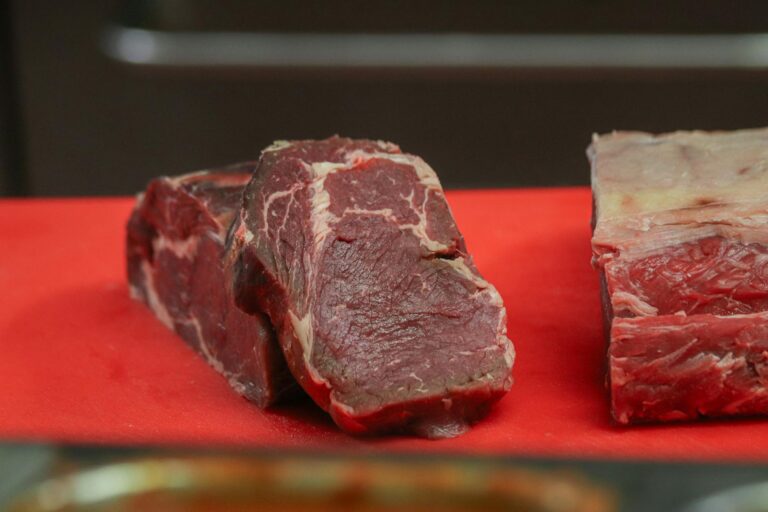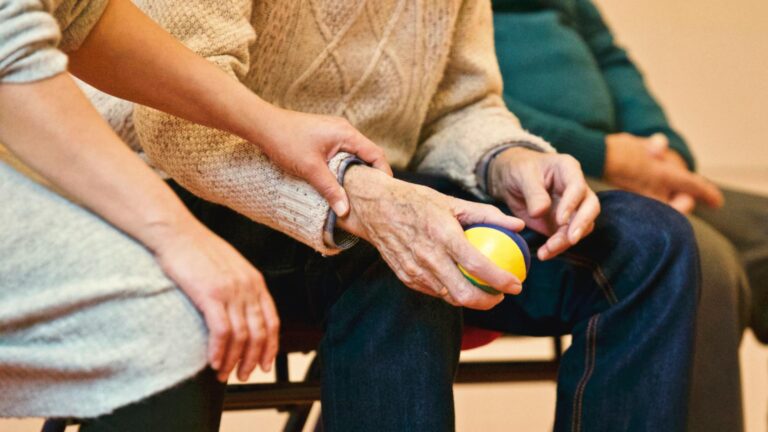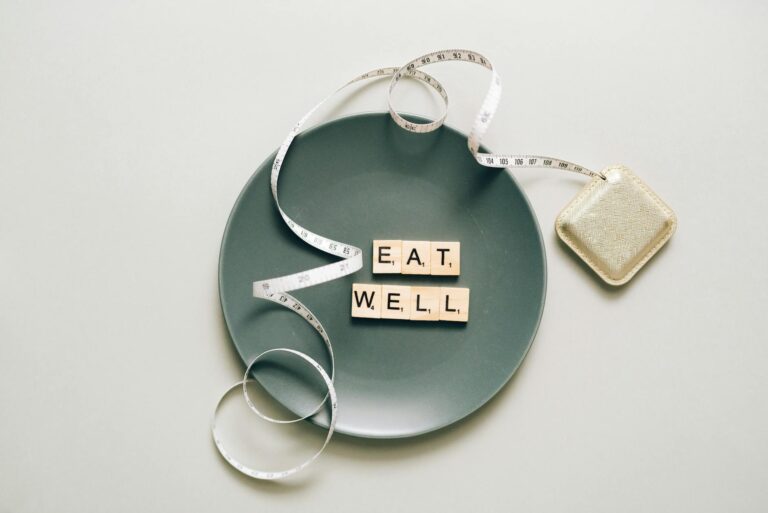Cancer patients often face significant challenges that affect their strength and overall well-being. Treatments like chemotherapy, radiation, and surgery can cause fatigue, muscle loss, appetite changes, and digestive issues. To help regain strength and support recovery during this difficult time, choosing the right foods is crucial. Foods that provide ample protein for muscle repair, healthy fats for energy, vitamins and minerals to boost immunity, as well as antioxidants to protect cells are especially beneficial.
**Protein-rich foods** are fundamental because cancer treatments increase the body’s need for protein to maintain muscle mass and repair tissues. Good sources include eggs (which also have a soothing texture helpful if mouth sores occur), lean poultry like chicken or turkey, fish rich in omega-3 fatty acids such as salmon or mackerel which reduce inflammation while providing essential fats; dairy products like yogurt or cheese; plant-based proteins including lentils, beans, tofu, tempeh; and nuts or seeds such as pumpkin seeds that offer additional B vitamins important for energy metabolism.
**Healthy carbohydrates** provide necessary calories without causing blood sugar spikes. Whole grains like oatmeal are excellent choices since they supply fiber to aid digestion while being gentle on sensitive mouths affected by treatment side effects. Vegetables—especially cruciferous ones such as broccoli, cauliflower, cabbage—and fruits including berries deliver antioxidants that help combat oxidative stress caused by cancer therapies.
Incorporating **healthy fats**, particularly from sources like avocados and nuts (almonds or walnuts), supports sustained energy levels when appetite is low due to nausea or taste changes. These fats also assist in absorbing fat-soluble vitamins critical for immune function.
Vitamins and minerals play a vital role too: Vitamin C-rich fruits (oranges), vitamin A from carrots or sweet potatoes promote healing; zinc found in meats aids immune response; iron from lean meats helps prevent anemia common with cancer treatment but should be balanced carefully under medical advice.
For those experiencing difficulty eating large meals because of nausea or mouth sores caused by treatments:
– Eating *small frequent meals* rather than three big ones can improve intake.
– Choosing *soft-textured foods* such as scrambled eggs or smoothies makes swallowing easier.
– Drinking plenty of fluids keeps hydration up which combats fatigue.
Some specific foods known to be supportive include:
– **Eggs:** High-quality protein with easy digestibility.
– **Pumpkin seeds:** Protein-packed with mood-supporting B vitamins.
– **Oatmeal:** Gentle on the digestive system yet nutrient-dense.
– **Berries:** Rich in antioxidants helping fight inflammation.
– **Cruciferous vegetables:** Contain compounds believed to inhibit cancer cell growth.
Avoiding highly processed sugary snacks is advisable since they offer little nutrition but may worsen fatigue.
Overall dietary focus should be on nutrient density—foods packed with essential nutrients per calorie—to maximize nourishment even when appetite is poor. Working closely with healthcare providers including dietitians specialized in oncology ensures personalized plans tailored to individual needs based on type of cancer treatment received and side effects experienced.
Eating well during cancer treatment not only helps maintain strength but also supports the immune system’s ability to heal tissue damage caused by therapy while improving quality of life through better energy levels and mood stabilization. This holistic approach combining adequate protein intake alongside fruits, vegetables rich in antioxidants plus healthy fats forms a foundation upon which patients can build resilience throughout their journey toward recovery.





